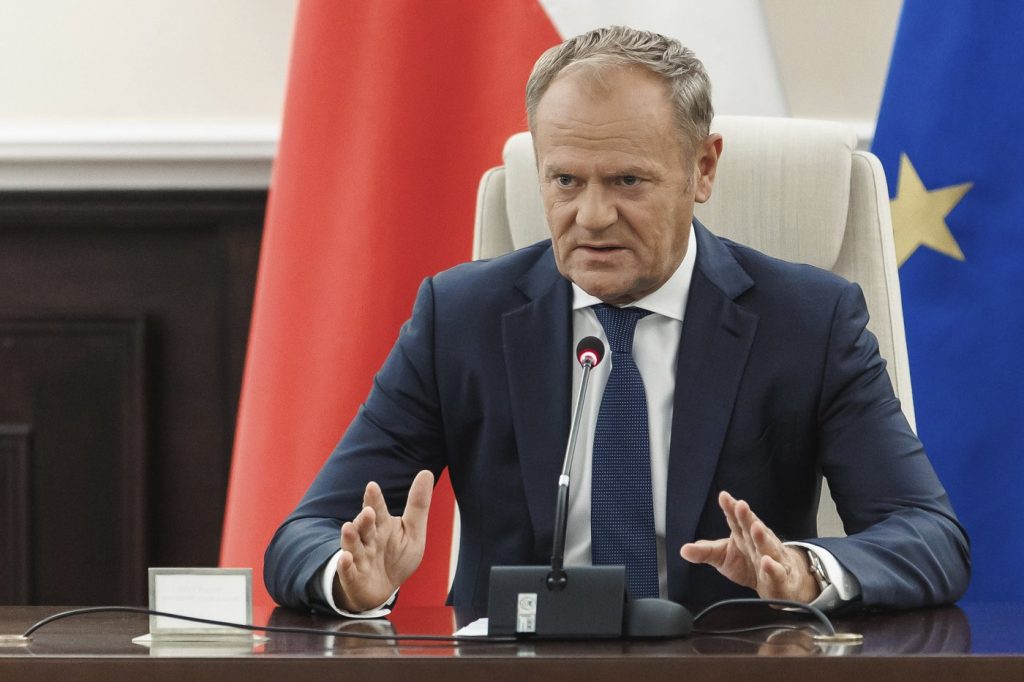OREM, Utah (AP) - The man accused of the assassination of conservative activist Charlie Kirk has been identified as Tyler Robinson, a 22-year-old who reportedly expressed his opposition to Kirk's viewpoints to family members prior to the incident. Utah Governor Spencer Cox announced Robinson's arrest on Friday, describing the killing as a politically motivated assassination that has heightened concerns over political violence in the United States.
According to Cox, Robinson had grown "more political" leading up to the event and had informed a family friend that he was responsible for the attack. Key pieces of evidence include engravings found on bullets discovered in a rifle believed to have been used in the shooting, as well as messages exchanged via a chatting app that were shared by Robinson's roommate with law enforcement.
Kirk, who co-founded the nonprofit organization Turning Point USA, was shot during a debate at Utah Valley University on Wednesday, September 10, 2025. The attack resulted in Kirk's death hours later after he was transported to a local hospital. Governor Cox called the incident an "attack on the American experiment," urging for a shift towards peaceful dialogue in political discourse.
Robinson reportedly acted alone, and the investigation into the motive for the killing continues. President Donald Trump confirmed Robinson's arrest during a Fox News Channel interview, stating, "With a high degree of certainty, we have him." After the shooting, law enforcement officials sought public assistance, releasing photographs and information about the suspect while initially uncertain of his whereabouts.
Witnesses reported that Kirk was shot once while discussing social issues. Video footage shows the moment Kirk was shot, leading to panic among the audience. Investigators believe that the shooter, who appeared to match the demographics of college students, fired from a rooftop before blending into the crowd and escaping into nearby woods. The FBI agent in charge of the investigation, Robert Bohls, stated that it was a targeted event, emphasizing the premeditated nature of the attack.
In the aftermath of Kirk's death, Trump and several Democratic officials condemned the violence, describing it as an example of the increasing political tensions in the country. Trump announced his intention to award Kirk the Presidential Medal of Freedom, reflecting on Kirk's efforts to engage young voters in the Republican Party. Kirk's influence on political mobilization was highlighted by Vice President JD Vance, who reminisced about their longstanding friendship and collaboration.
Kirk's casket was transported aboard Air Force Two from Utah to Phoenix, where his nonprofit organization is headquartered. He had been shot while fielding questions on gun violence during his "American Comeback Tour." The event triggered polarized reactions among the university's student body, resulting in online petitions to prevent his appearance, which were ultimately disregarded in favor of upholding principles of free speech and open dialogue.
In the wake of the shooting, many students sought shelter in classrooms, barricading themselves against potential further attacks. This incident underscores a broader national discourse on political violence, further exacerbated by the polarizing nature of contemporary political debates. The tragic event has raised critical reflections on the state of political discussions in the U.S. as communities grapple with the ramifications of such acts of violence.












